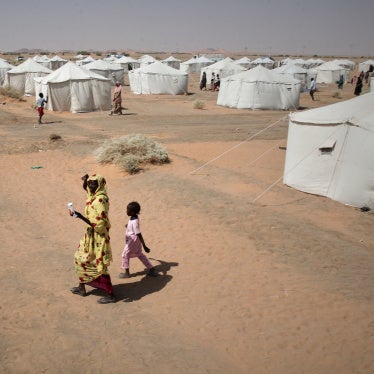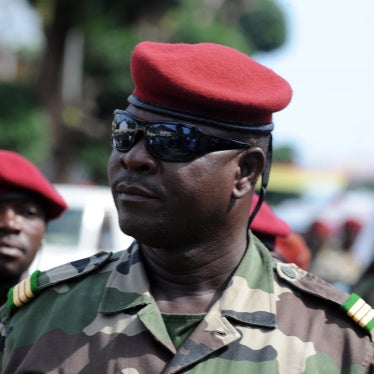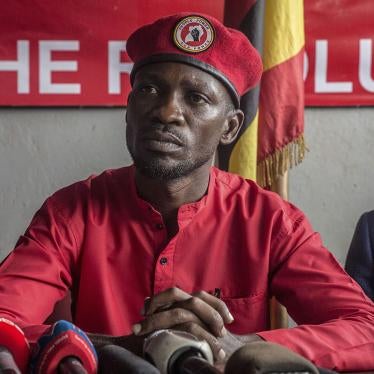Human Rights Watch welcomes the willingness of the government of Côte d’Ivoire to renew the Independent Expert’s mandate, demonstrating its commitment to improve the country’s human rights situation and to implement the Independent Expert’s recommendations. The Independent Expert has repeatedly stressed that impartial justice is essential to end the country’s decade-long human rights crisis. We share this view. The Ivorian government has taken several notable steps on justice, including by creating a national commission of inquiry that reported on serious crimes by both sides during the 2010-2011 post-election crisis; and a special investigative cell, tasked with judicial investigations into these crimes. The Ivorian justice system has charged more than 150 civilian and military leaders from the Gbagbo camp for alleged crimes committed during the crisis, including at least 55 people with violent crimes. We urge the government to move these cases swiftly to trial, given the prolonged pretrial detention.
Human Rights Watch remains concerned that, two years later, no member of the government’s Republican Forces has been charged with crimes related to the crisis – despite war crimes and likely crimes against humanity by both sides being documented by the government’s own commission of inquiry,the Human Rights Council-appointed international commission of inquiry, and national and international human rights groups. Victims of crimes by pro-Ouattara forces remain without recourse to justice. We urge the Ivorian government to better support the criminal justice system to pursue impartial prosecutions. Crucial steps include finalizing a prosecutorial strategy; protecting witnesses, judges, prosecutors, and defense attorneys involved in sensitive cases; and reforming the criminal procedure code to better protect defendants’ rights.
Human Rights Watch is also concerned by the government’s lack of response to the International Criminal Court regarding the arrest warrant against Simone Gbagbo, made public more than six months ago. Côte d’Ivoire’s ratification of the Rome Statute in February was a notable step in the country’s fight against impunity, but, in line with its longstanding obligation to cooperate with the Court, the government should either surrender Simone Gbagbo to The Hague or challenge the admissibility of the case because she is being tried nationally for substantially the same crimes.
Finally, Human Rights Watch believes that the coming year is crucial for the government to tackle root causes of the Ivorian conflict, including the impunity of security forces; the need for disarmament and security sector reform; the judiciary’s lack of independence; and land conflict. Following the crisis, conflicts over land have multiplied in the country’s long-volatile western region and have been a motivating factor in recent attacks along the Liberian-Ivorian border. While the government has overseen significant progress in some areas since the conflict’s end, underlying causes of violence and grave human rights abuses remain largely unresolved. The Ivorian government should give priority to addressing them in the coming year, to establish a foundation of rule of law and respect for human rights prior to the next presidential elections.








